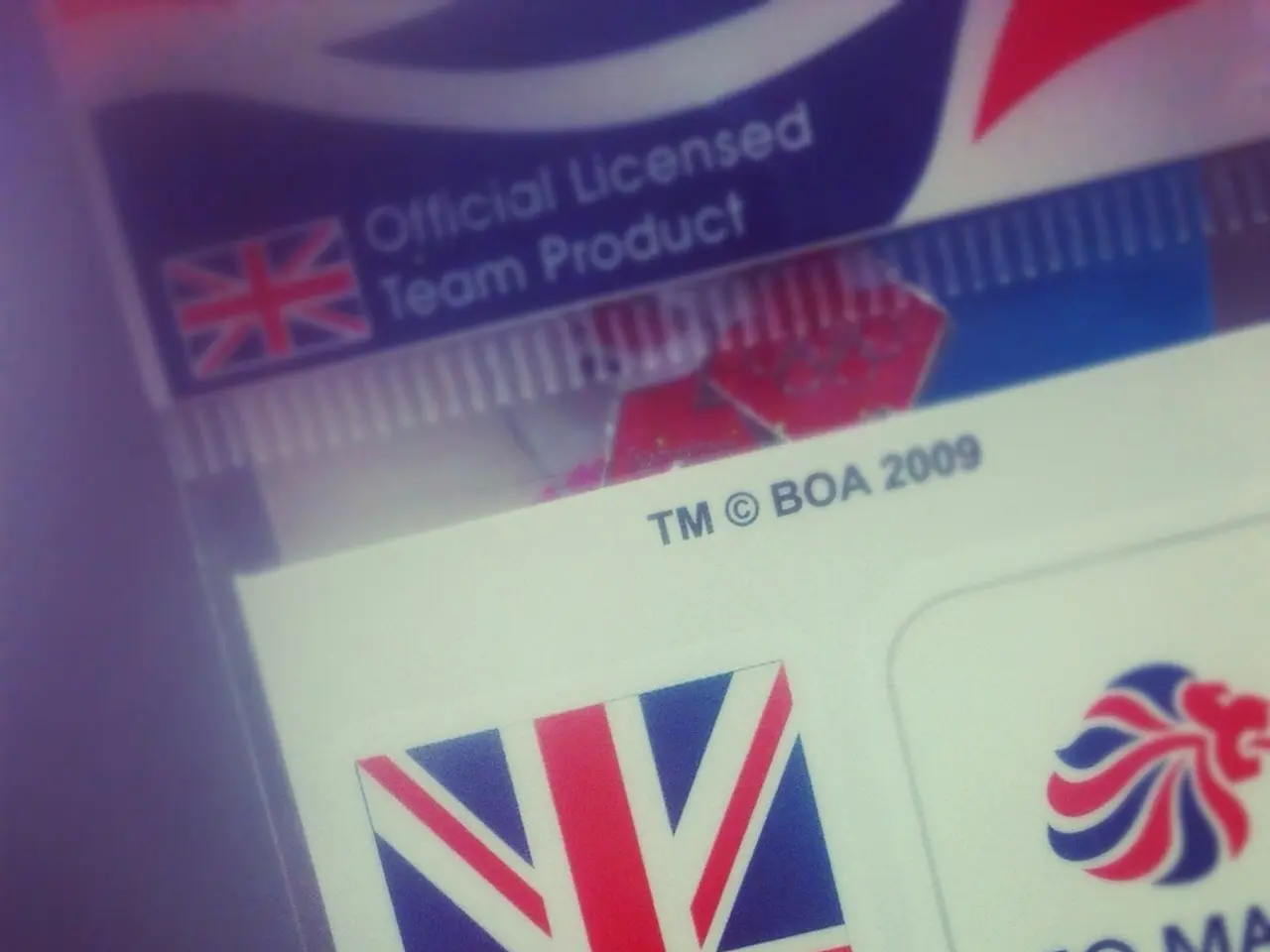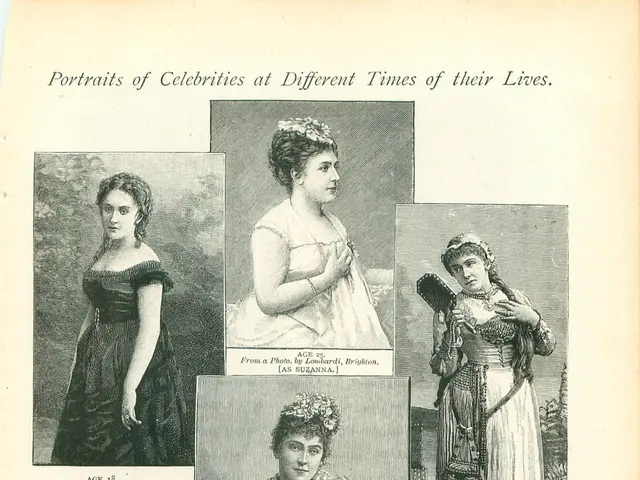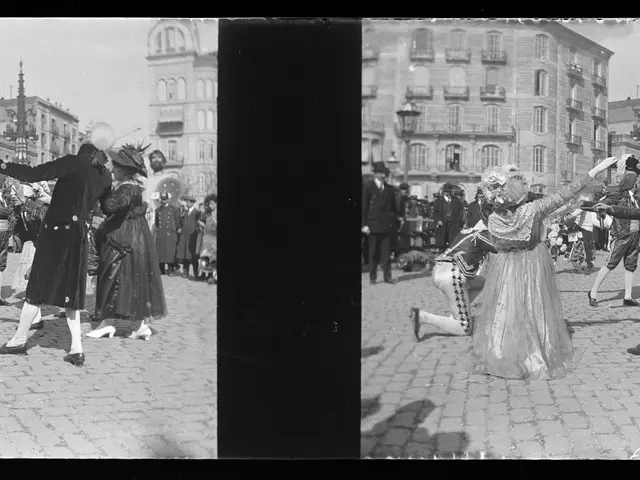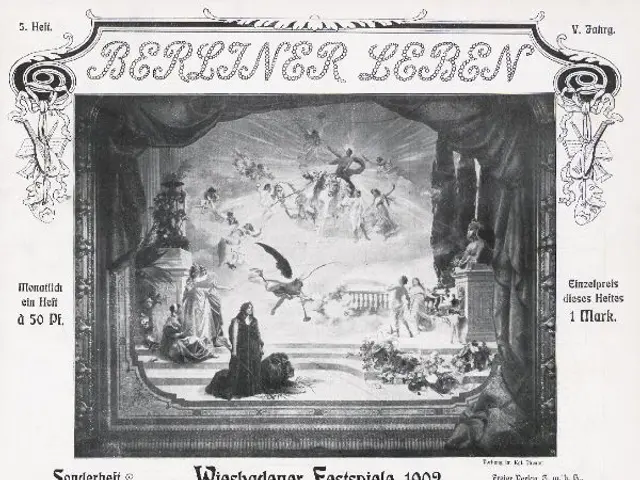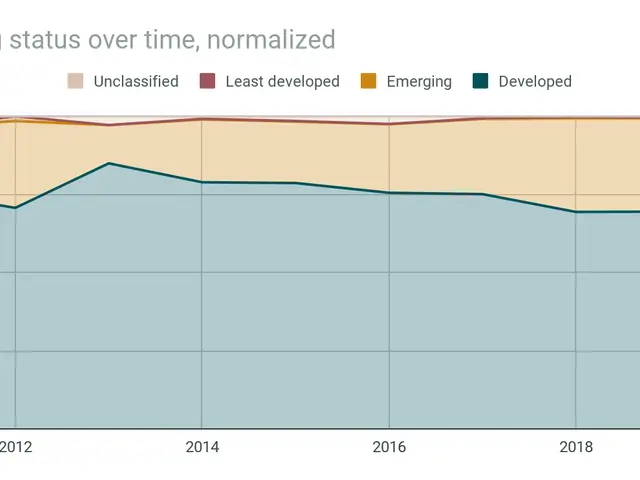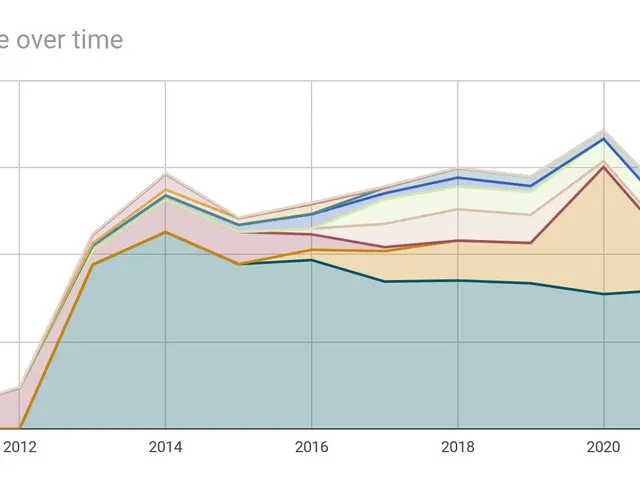Social media companies' immunity under Section 230 questioned anew following the proposed assassination of Charlie Kirk, a prominent conservative commentator.
In a shocking turn of events, Charlie Kirk, the founder of Turning Point USA, was assassinated last week at a campus event. The tragic incident has sparked a renewed debate about Section 230 of the Communications Act, a set of provisions that protect social media platforms from liability for content posted by third-party users.
Following Kirk's death, his social media platforms have seen a surge in followers and subscribers, with millions flocking to pay tribute and stay updated on the latest developments. However, the circulation of videos of the assassination on social media has prompted renewed calls for reforming Section 230.
Federal Communications Commission (FCC) Commissioner Brendan Carr has been at the forefront of these calls. Carr stated that Section 230 has two main provisions. While provision C-1 encourages speech and expression by providing immunity for leaving someone else's content up if it's not libelous or tortious, provision C-2 has been interpreted to give broad immunity to content moderation and censorship, leading to abuses.
Carr expressed a 'trust but verify' posture regarding Section 230, noting that individual Americans were being censored for protected First Amendment speech regarding religious or medical issues. He also mentioned that social media platforms faced a challenge in removing the video or implementing content warnings or age gating due to the protections provided by Section 230.
FBI Director Kash Patel has expressed support for sunsetting Section 230 to increase liability in such cases. His stance was further reinforced when Sen. Lindsey Graham asked him if he supports sunsetting Section 230 to increase liability for companies whose platforms are used to disseminate content related to the sexual exploitation of children.
Sen. Graham has also proposed a bill that would allow users to sue social media companies under Section 230. However, as of September 2025, no politicians or political groups have been reported to have introduced a proposal to amend Section 230 in connection with the assassination attempt on Charlie Kirk.
The incident has mainly sparked political reactions and accusations, especially from Donald Trump against the 'radical left.' But the ongoing debate over Section 230 is a testament to the need for a thorough examination of its implications and potential reforms.
As the FCC Chair waits to see how social media companies adjust their moderation policies, the future of Section 230 remains uncertain. One thing is clear, though: the tragic assassination of Charlie Kirk has brought the issue of Section 230 and its impact on free speech to the forefront of the national conversation.
Read also:
- Mohammad Yousuf publically labeled Suryakumar Yadav as a "pig," an unusual slur Yousuf explained.
- Today's most impactful photographic moments
- Support for Eric Adams in The Post's Letters to the Editor on August 13, 2025
- Roosting Shark and Rambunctious Red Squirrels: Unconventional House Rental in Yorkshire Involving Aquatic Marvel, Squirrely Mayhem, and Mystical Planning Regulations
